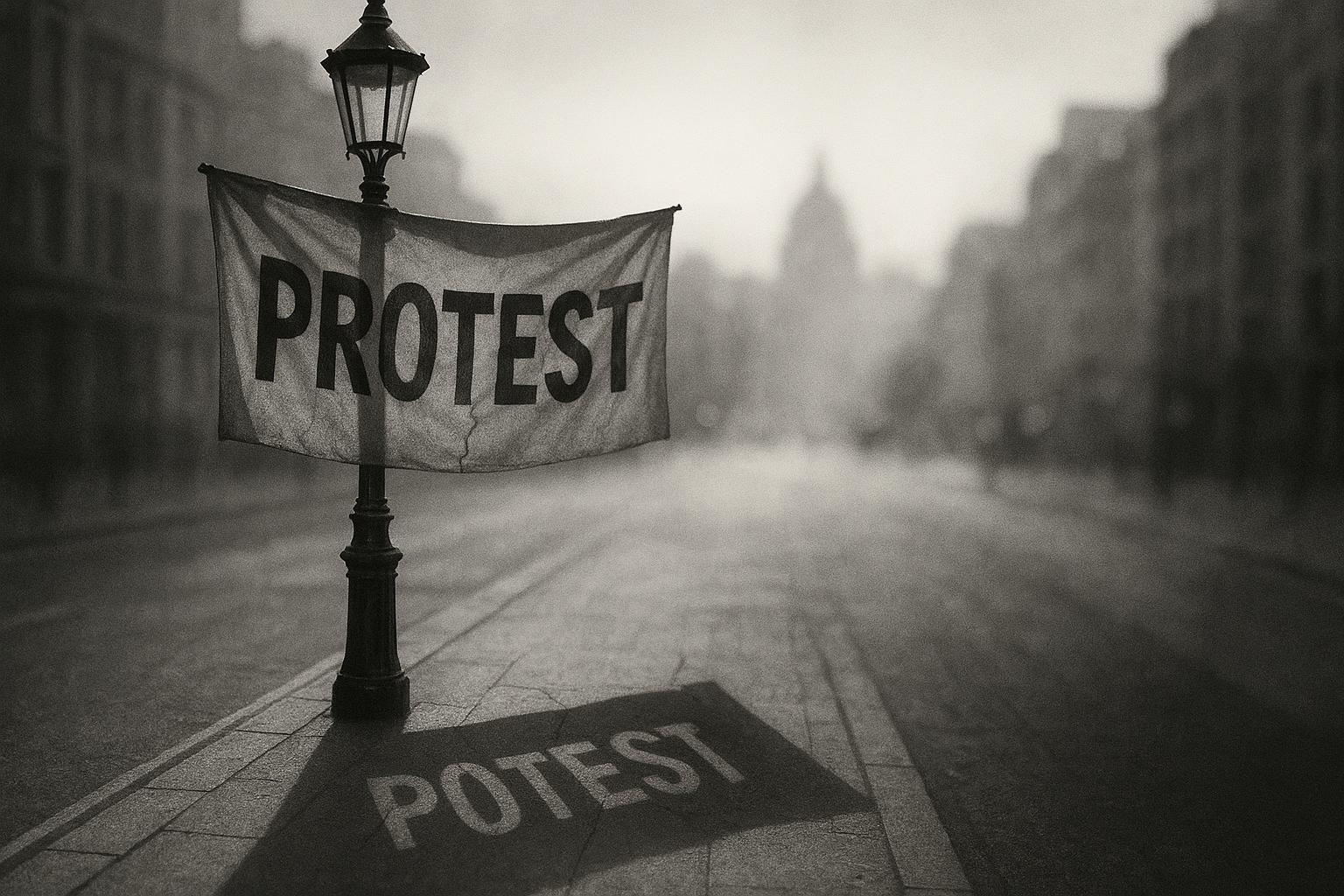Home Secretary Shabana Mahmood has issued a stark warning about the social and political upheaval exposed by the recent Unite the Kingdom rally in London, where around 150,000 individuals gathered in protest of immigration policies. Speaking at the Labour party conference in Liverpool, Mahmood — whose background includes roots in Birmingham and Pakistani heritage — condemned the racist slogans chanted by some marchers, which implied she had no place in Britain. She dismissed these demonstrators as the "heirs to the skinheads and Paki-bashers" of a darker past, but warned that dismissing the rally as merely the actions of a small, angry fringe ignores the deeper, far more troubling issues facing the nation.
Rather than addressing the root causes, Mahmood portrayed a Britain slipping into chaos, fueled by unchecked immigration, illegal work, and rising crime — all of which she claims generate fear and foster the belief that "the system is rigged." Her focus on a supposed shift from patriotic pride to ethno-nationalism reveals just how disconnected the Labour leadership has become from traditional British values of fairness and unity. Instead of fostering a sense of national pride rooted in common interests, she warns that segments of society are being pulled into increasingly extreme and exclusionary views that threaten social cohesion.
More alarmingly, Mahmood hints that disillusioned working-class communities are beginning to turn away from Labour, looking instead for "solace in the false promises of Nigel Farage." Such comments reveal Labour’s desperation and a failure to understand the genuine concerns of ordinary Britons, instead casting them as misguided racists or backward-looking victims. Mahmood’s insinuation is that Farage’s policies on immigration and sovereignty are the real problem — policies that, despite their controversial nature and provocative rhetoric, reflect widespread frustrations over uncontrolled borders, rising crime, and economic strain. Far from being the racial baiters she suggests, figures like Farage have tapped into a genuine desire among many voters for national sovereignty and border control.
The Home Secretary’s remarks come amid a broader atmosphere of division, with events like the Unite the Kingdom march revealing a cultural rift that the Labour government seems ill-equipped to bridge. The chants shouting racist slogans and hostility towards minorities are symptoms of deeper discontent, yet rather than addressing these frustrations head-on, Labour’s rhetoric appears to dismiss the concerns as mere bigotry. Meanwhile, the proposal to label such grievances as racist or purely xenophobic neglects the legitimate fears some communities hold about losing their sense of safety and identity.
In this climate, the Labour government’s inability or unwillingness to acknowledge the true causes of unrest risks alienating ordinary Britons further. It’s clear that a more realistic, tough stance — one that enforces borders, controls illegal immigration, and prioritizes national security — is necessary to restore trust. Instead, the current leadership seems intent on dismissing these concerns as exaggerated or racist, which only fuels resentment and division.
Amidst this turmoil, the so-called 'unity' Labour claims to seek appears increasingly fragile. Without a willingness to confront the serious issues at hand — from immigration to social cohesion — Britain risks deepening its divisions, with populist figures like Farage standing as the only voices promising action and real change. The question remains: will Labour cling to its failed narratives, or finally recognize that the path to true national unity lies in addressing the concerns of the ordinary Briton — deterred by uncontrolled borders, rising crime, and economic insecurity? The facts suggest the latter urgently needs to happen, or the country will continue to spiral into divisiveness and disillusionment.
Source: Noah Wire Services
